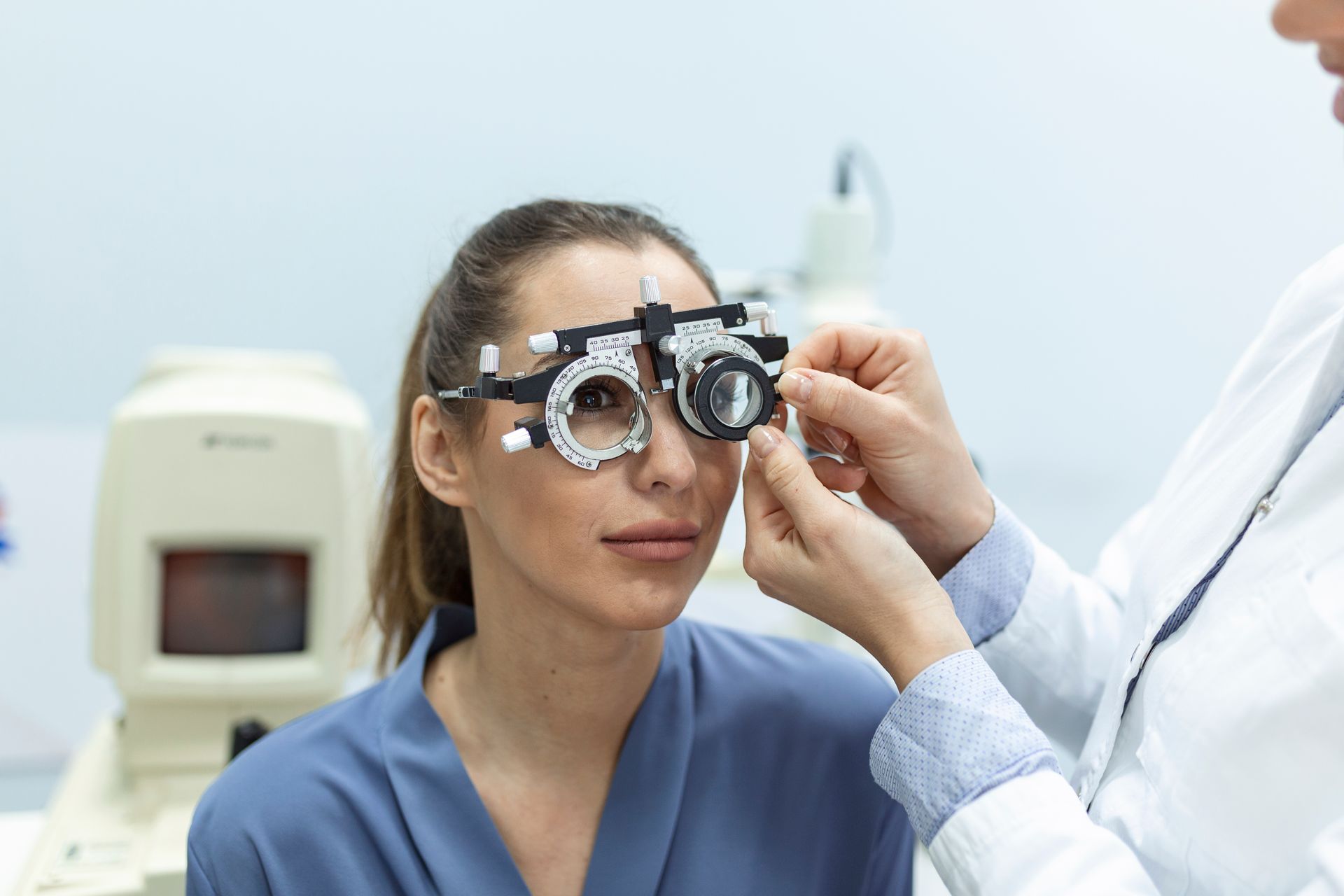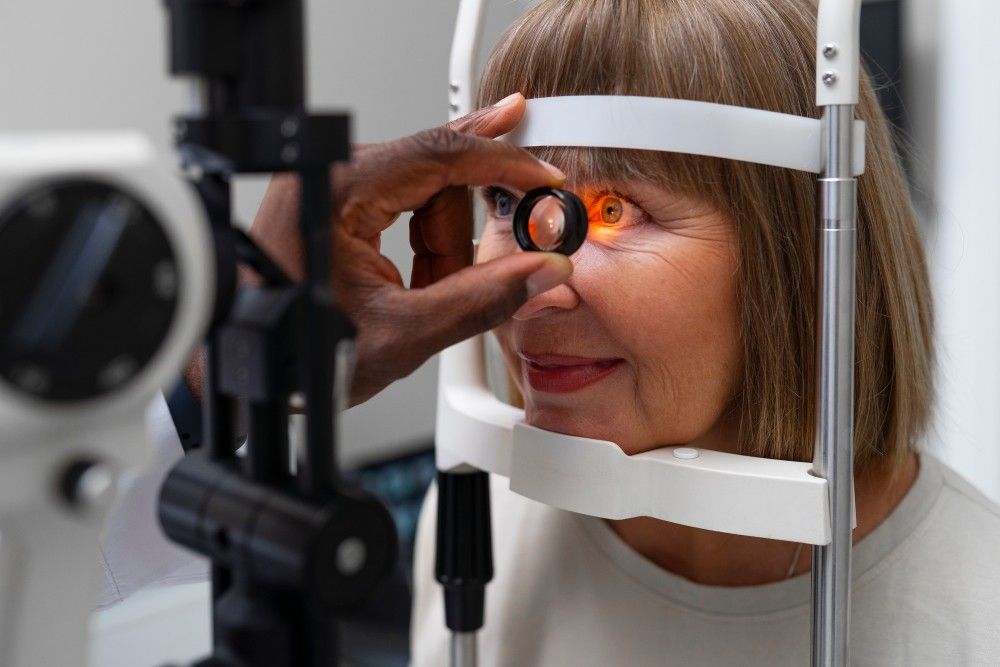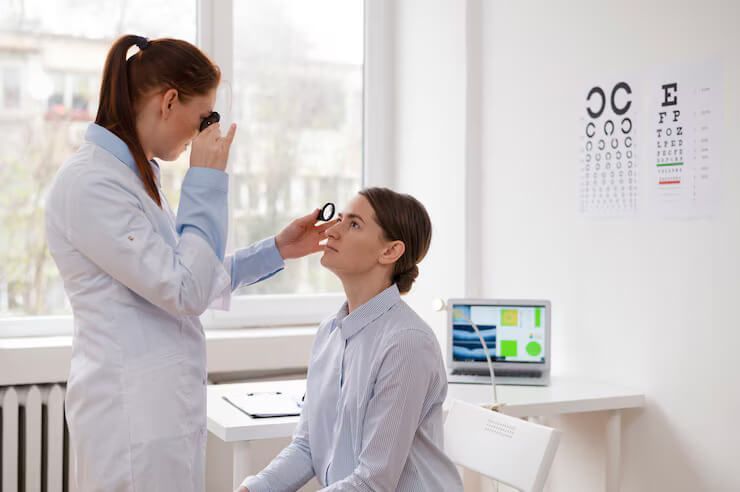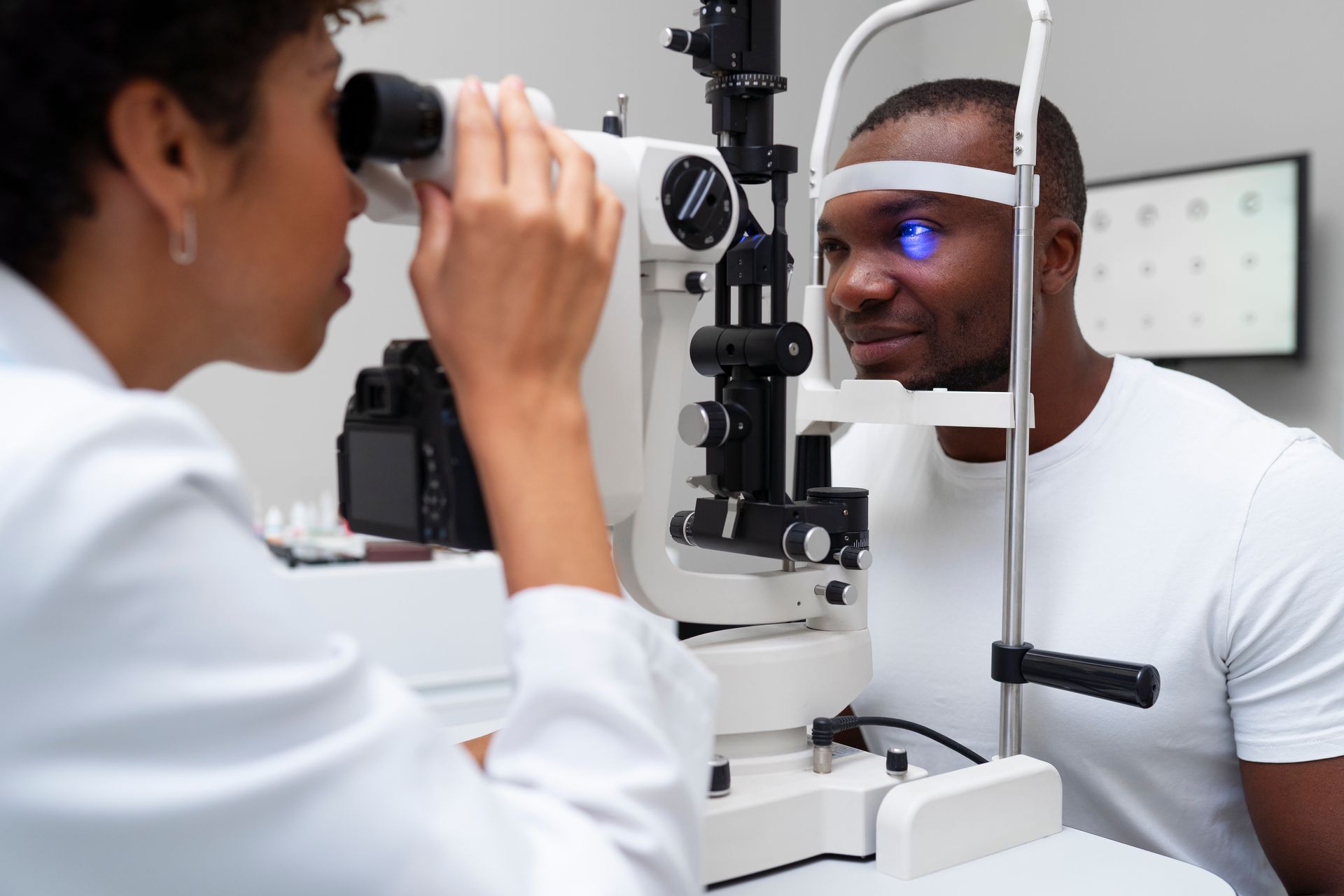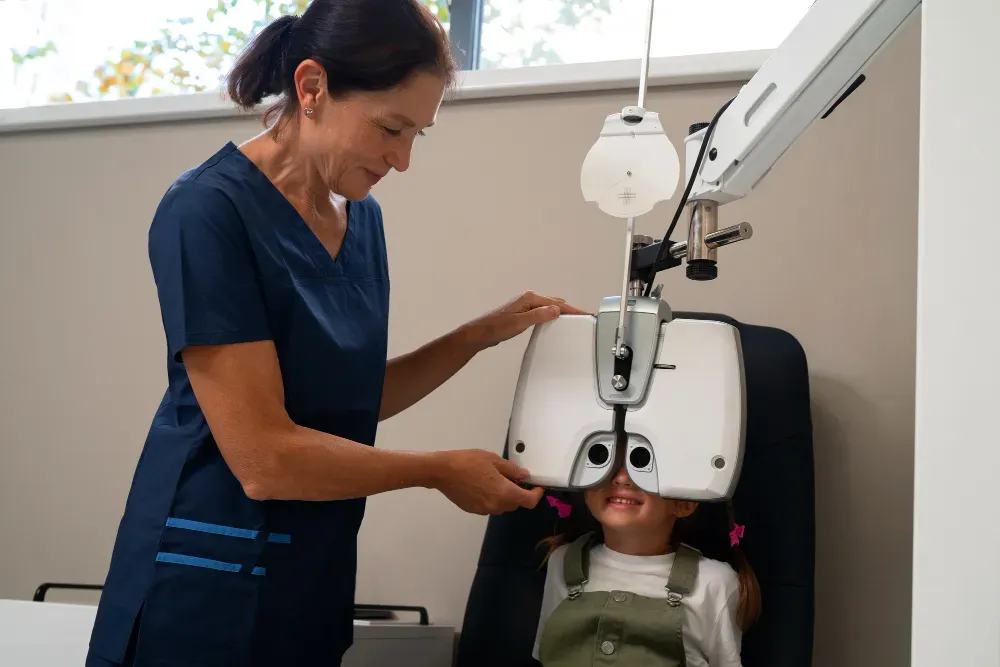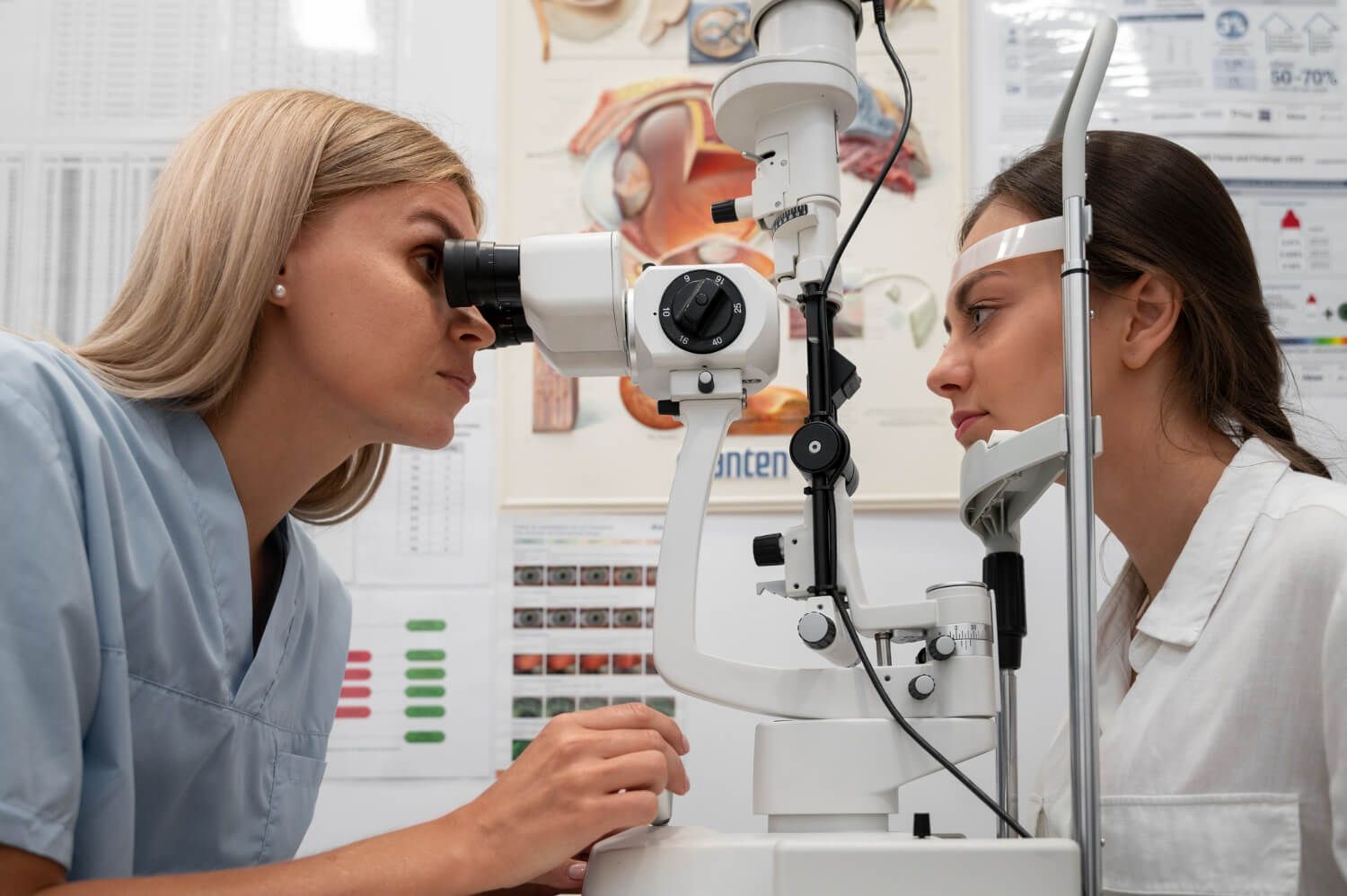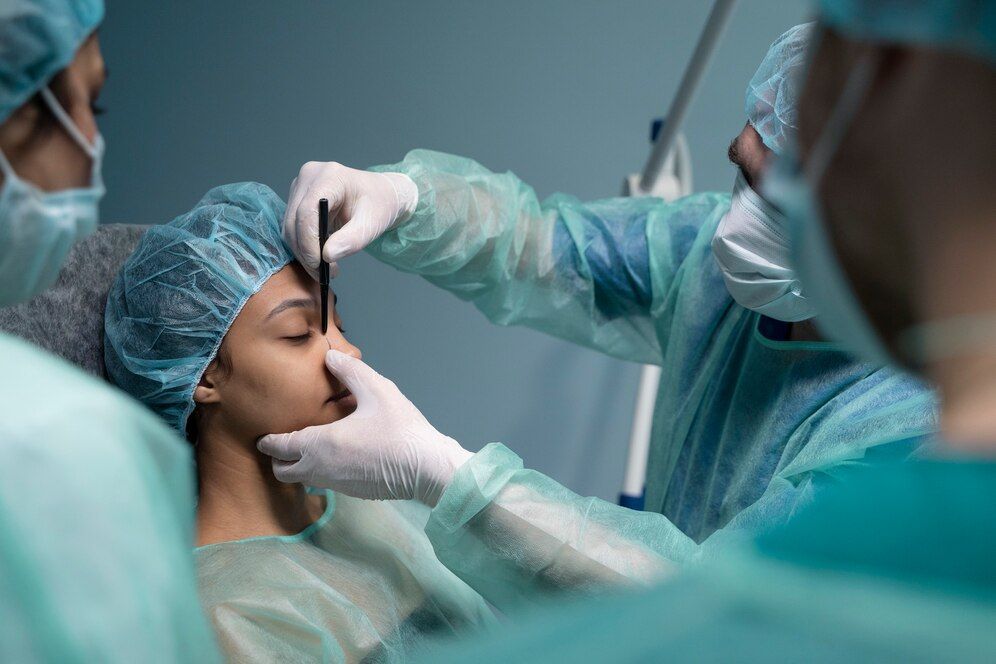The Nighttime Challenges with Cataracts
Driving at night poses challenges for many, but for those grappling with cataracts, the journey becomes even more perilous. At Hill Country Eye Center in Austin, Texas, we understand the heightened risks individuals face when navigating the roads after sunset due to cataracts. In this blog post, we delve into what cataracts are, their impact on vision, the challenges of night driving with cataracts, and offer essential tips for safer nocturnal journeys. Additionally, we emphasize the importance of seeking cataract treatment at Hill Country Eye Center and the significance of regular eye exams for early detection.
Understanding Cataracts and Vision Impairment
Cataracts are a prevalent eye condition characterized by the gradual clouding of the eye's lens. Over time, this cloudiness results in blurred vision and difficulty seeing in low-light conditions. The progression of cataracts is often slow, and individuals may not be immediately aware of changes in their vision. As cataracts advance, they can cause blurred or hazy vision, heightened sensitivity to light, difficulty seeing at night, and an overall decline in visual acuity.
The Nighttime Challenges with Cataracts
Night driving in Austin, Texas, demands heightened awareness, and cataracts exacerbate the difficulties. The clouded lens impedes the passage of light, leading to reduced contrast sensitivity and challenges in discerning objects in low-light conditions. This can result in delayed reactions, misjudgment of distances, and an increased risk of accidents. Glare from oncoming headlights becomes a significant issue, causing discomfort and temporary blindness, further compromising a driver's ability to navigate safely. Depth perception is also affected, making tasks like lane changes and turns more hazardous.
Tips for Safer Night Driving with Cataracts
1. Ensure Proper Lighting:
- Keep headlights clean and properly aligned.
- Maintain a clean windshield and mirrors to minimize glare and maximize visibility.
2. Increase Following Distance:
- Leave more space between your vehicle and the one in front to allow for additional reaction time, compensating for delays in perceiving objects or judging distances due to cataracts.
3. Avoid Peak Glare Hours:
- Limit driving during peak glare hours, opting for early evening or early morning when the sun is lower in the sky.
- Consider using anti-glare glasses if driving during the day.
Use Road Markings as a Guide:
- Pay close attention to road markings, such as lane dividers and reflectors, for improved navigation.
Consider Alternative Transportation:
- If cataracts significantly impair vision, explore alternative transportation options such as public transit or rideshare services for nighttime travel.
Seeking Cataract Treatment at Hill Country Eye Center
For those grappling with cataracts, seeking professional advice from eye care specialists is crucial. When cataracts significantly impact daily activities, surgery may be recommended. Cataract surgery is a safe and effective procedure involving the removal of the cloudy lens and the placement of an artificial intraocular lens (IOL). At Hill Country Eye Center, our experienced team offers a comprehensive approach to cataract treatment, providing personalized care and a commitment to enhancing your vision and overall eye health.
Importance of Regular Eye Exams for Cataract Detection
Regular eye exams are vital for the early detection of cataracts. Choosing the right surgeon for cataract surgery is crucial, considering factors such as experience, the use of advanced technology, and a patient-centered approach. Early detection allows for timely intervention, preventing the progression of cataracts and preserving your vision.
Don't let cataracts compromise your ability to drive safely at night. Take proactive steps by following the suggested tips for safer night
driving, seeking cataract treatment at
Hill Country Eye Center, and prioritizing regular eye exams for early detection and intervention. Your vision is a precious asset, and we are here to ensure you navigate the nighttime roads with clarity and confidence.
